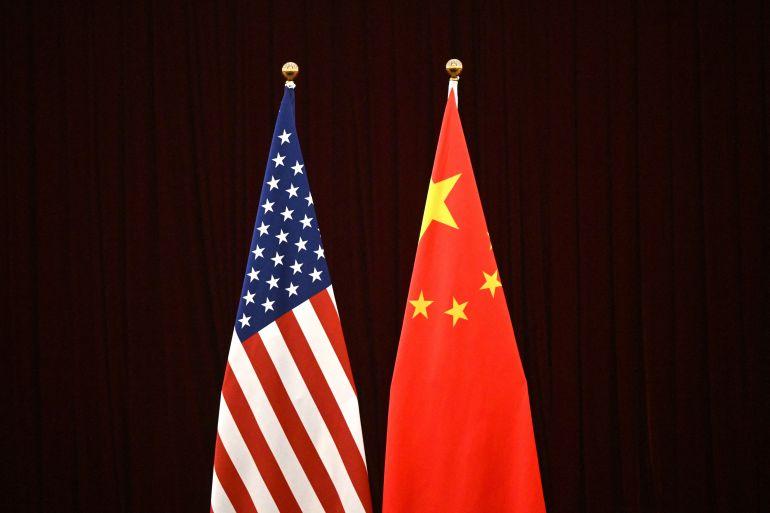Source: ALJAZEERA
ALJAZEERA MEDIA NETWORK

Proposed US regulation aims to prevent American investment in advanced Chinese tech, particularly systems that could have military implications.
The United States Treasury Department has crafted a proposed regulation that would limit and oversee American investments in China's sectors of artificial intelligence, semiconductor technology, and quantum computing.
This detailed draft rule, unveiled on Friday, is a follow-up to President Joe Biden's executive order from August related to the extent to which "countries of concern" can access US resources to fund sophisticated technologies. These technologies might enhance those countries' military, intelligence, surveillance, and cyber capabilities. The executive order pointed out China, Hong Kong, and Macau as concerning nations.
The Biden administration's goal is to halt the progress of technologies in China, which is the world's second-biggest economy, that might afford it a military superiority or allow it to lead new industries such as electric vehicles (EVs).
Apart from the draft regulation, President Biden, a Democrat, has introduced a strict tariff on Chinese electric vehicles, which is a significant topic given the political angle of the upcoming election. Both Biden and his Republican challenger, Donald Trump, are trying to prove to voters their toughness on China, which is both a geopolitical competitor and a major economic partner.
The proposed rule delineates the necessary information that American citizens and permanent residents must provide when participating in transactions in this field and outlines what actions would constitute a breach of these restrictions.
Specifically, it would bar US investors from financing AI systems in China that could be used for military purposes like weapons targeting, combat, and location tracking, as stated by a senior Treasury official briefing reporters, under the condition of anonymity.
The US Treasury is open to public comments on the proposal until August 4, after which it plans to issue a definitive rule.
Though officials in the Biden administration, including Treasury Secretary Janet Yellen, have asserted that there is no intention to "decouple" from China, the bilateral tensions have nevertheless escalated over recent years.
Following the incident in February 2023, where the US military downed a suspected Chinese spy balloon off the East Coast after it crossed over critical military locations across North America, China threatened retaliatory actions.
Subsequently, there have been regular security-related incidents between both nations.
For example, in May, President Biden issued an order to prevent a Chinese-linked cryptocurrency mining company from acquiring land near a Wyoming nuclear missile base, citing its proximity as a "national security threat".
Your email address will not be published. Required fields are marked *